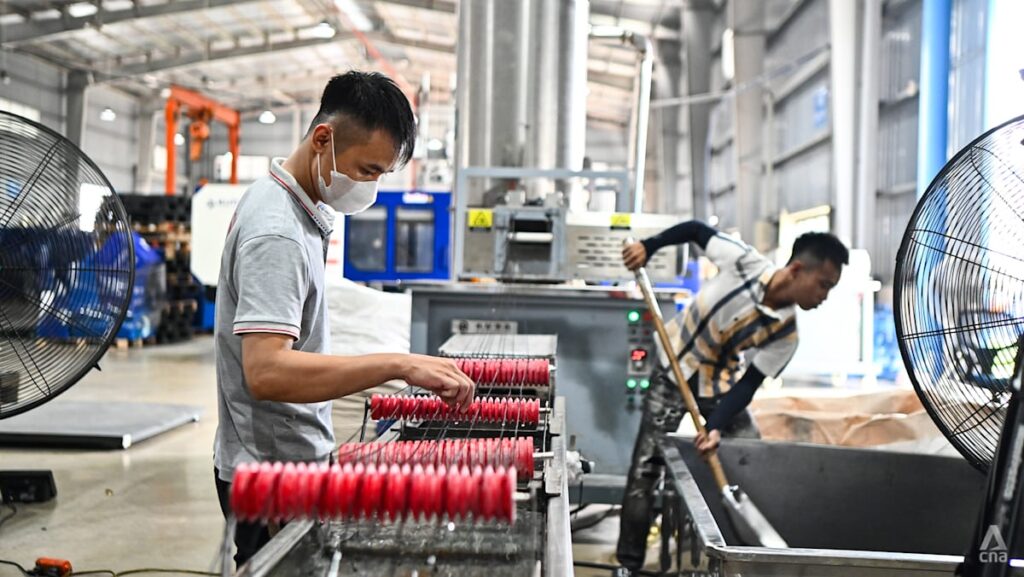In September, the Thai government said it will set up a special task force to manage millions of certificates of origin expected to be required under US trade rules.
The US reduced its tariff on Thai imports to 19 per cent, after initially proposing a 36 per cent levy. Yet, products suspected of being rerouted to conceal their origin could face additional duties of 40 per cent.
Meanwhile, Thailand’s southern neighbour Malaysia has seen overall export numbers increase but in lower numbers than expected.
Total exports rose 1.9 per cent in August from a year earlier, according to data from Malaysia’s Investment, Trade and Industry Ministry released in September, lower than the 3 per cent median estimate in a Bloomberg survey.
Moreover, shipments to the US fell 16.7 per cent year on year, while imports declined 36.7 per cent. Trade with its third-largest trading partner slumped by 25 per cent.
“The overall decline in trade with the US may reflect the early impact of recent tariff adjustments introduced by the US government,” the ministry said in a statement on Sep 19.
As for Singapore, some media reports have cited how Chinese companies like Shein, ByteDance and BYD are setting up operations in the city state purportedly to circumvent tariffs and barriers.
But observers have said that though Singapore is a transshipment hub, the act of companies disguising their product’s origin is not as prevalent due to more stringent enforcement.
During a forum event in September, Singapore’s Deputy Prime Minister Gan Kim Yong, who is also Minister for Trade and Industry, warned that companies thinking of arbitraging US tariffs through Singapore should “be careful” of the risk of stiff penalties.
Additionally, Singapore Customs issued a circular in June reminding exporters and agents to accurately declare country of origin on import, export or transshipment permits.
A list of frequently asked questions on Singapore’s government agency EnterpriseSG’s website explicitly states that US can verify origin directly with manufacturers in Singapore and that Singapore Customs will even facilitate US authorities verification visits when asked.
Political and economic expert Giang said that Southeast Asian countries like Vietnam “cannot dodge the fallout” from the tariffs, but if the reciprocal rates stay at around 20 per cent as it is presently, the impact is manageable.
He said that Vietnam’s general statistics office projected that economic growth would be shaved by less than a single percentage point.
“That is hardly painless, but it is nowhere near the worst-case scenario of a 3–5 percentage-point hit under the 46 per cent (original Liberation Day) tariff scenario,” said Giang.
“Still, the mood among firms is one of limbo, waiting for Washington to clarify how deep the knife will cut on the transshipment clause,” he added.
Read the full article here

